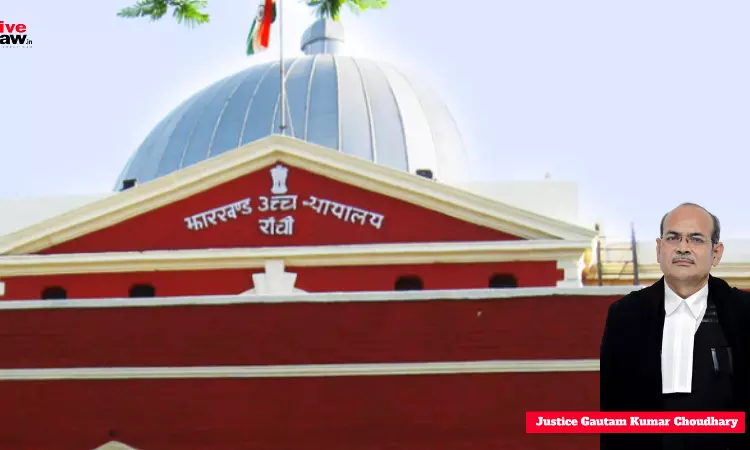Section 376 IPC | Minor's Consent Not Ground To Absolve Accused: Jharkhand High Court Reiterates
Bhavya Singh
19 March 2024 1:15 PM IST

Next Story
19 March 2024 1:15 PM IST
The Jharkhand High Court while affirming a judgment of conviction passed by the trial Court and sentence under Section 376 of the Indian Penal Code, has observed that despite the victim being a consenting party and engaging in a sexual relationship leading to her pregnancy over several months, the accused cannot be absolved of guilt solely based on her consent as she was a minor.Justice...
